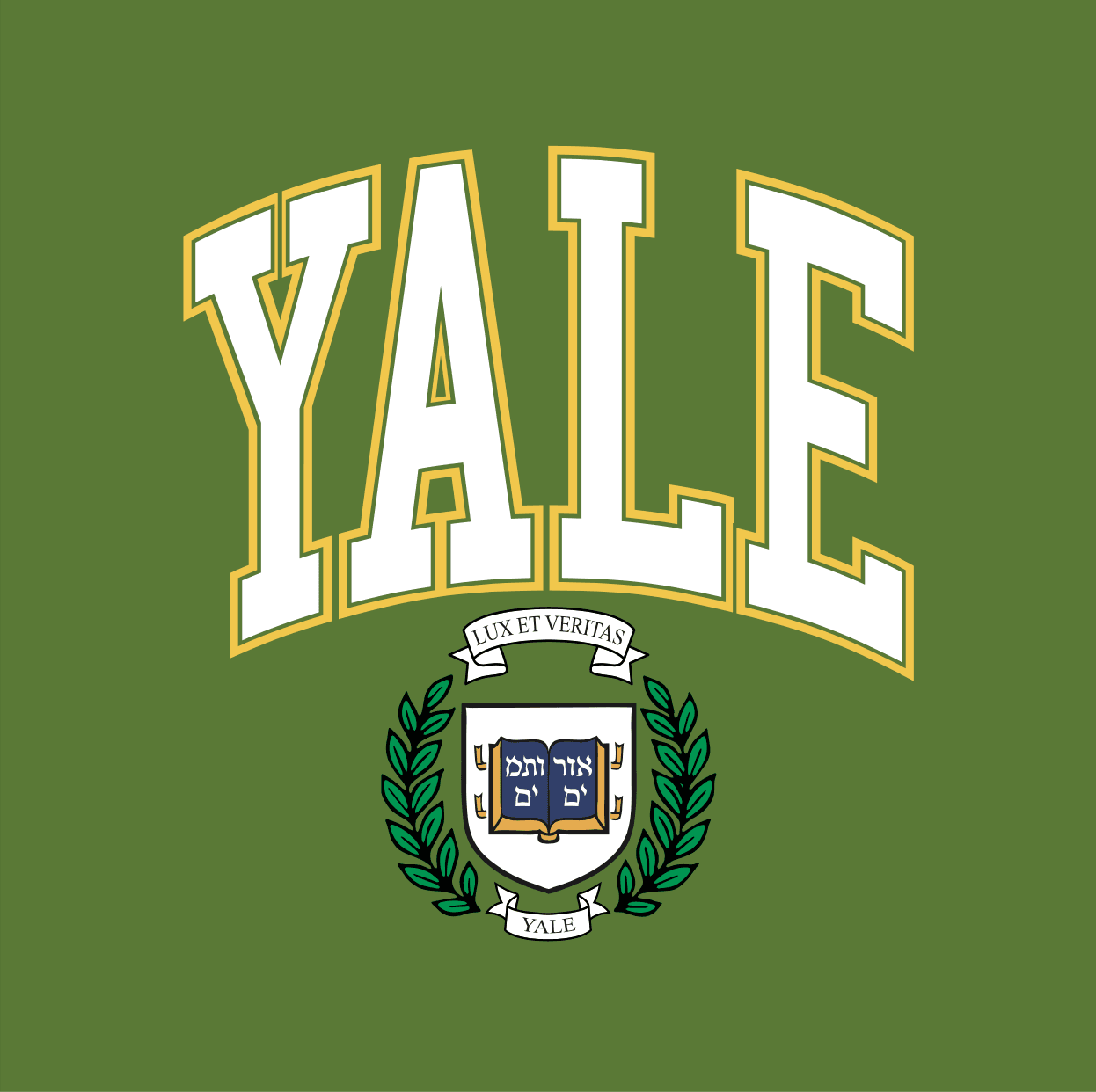
Yale University was covered by mainstream financial news last week for a controversy over how it selects its Board of Trustees, the highest governing body of the University. A February 9 article in the Wall Street Journal (WSJ) laid bare two different approaches in discussion: appointed versus elected. Although the Yale debate is ongoing, this topic is worth the attention of all non-profit executives, including those working in Diabetes.
The WSJ article, along with coverage in the Yale Daily News (links below), demonstrates that the boards of trustees of Yale and many of its Ivy League counterparts prefer, unequivocally, to appoint new trustees. While many of the Universities once had a robust method for electing at least a portion of the trustees with votes from alumni, students, and faculty, the articles revealed that over recent years elected trustees have been phased out in favor of appointed ones. In the appointed model, as in an exclusive country club, current club members identify, nominate, and select 'acceptable candidates.' However, different from an exclusive country club, the trustees of a big University are responsible for leading a very diverse, dynamic, and large population of faculty, alumni, and students. The same is true for big nonprofits.
In May of 2021, the Yale University Board of Trustees made a decision that has created significant backlash. The WSJ article describes the situation:
"It’s the latest backlash against Yale’s May 2021 decision to eliminate a process that had allowed alumni to become candidates for the board if they submitted 4,394 signatures (3% of alumni) on a petition. Now only candidates nominated by the official Alumni Fellow Nominating Committee qualify. A Connecticut lawsuit filed by two alumni accuses Yale of voter suppression and will proceed to trial sometime this spring."
Yale students, one of the core constituencies represented by the Board of Trustees, were then asked two questions:
"Should the Board of Trustees for Yale Corporation consist of democratically elected trustees?"
"Should students, professors, and staff be eligible to vote for candidates for the Board of Trustees?"
The answer to both questions, according to the Yale Daily News, was that 90% voted "yes."
BROADER IMPLICATIONS FOR NON-PROFIT LEADERS
A Board of Trustees that reflects the diversity and dynamism of the community to which it serves, will improve accountability and performance. It will ensure that the purpose of the board, which is described by the National Council of Nonprofits as "duty of care, duty of loyalty, and duty of obedience" (link below), will fully represent the specific flavor and unique concerns of its community. The argument against democratizing non-profit board selection is that such a process may not surface the most experienced professionals and the democratic process may result in an 'overly diverse' set of agendas and vision that may be challenging to manage.
Some non-profits, such as the ADA, have a hybrid model that offers a partial election process, in our view. The ADA, according to its website, first subjects applicants to a review by the National Board Development Committee. This committee then "presents a recommended slate of candidates for the voting membership of the American Diabetes Association, which includes the National Board of Directors, and delegates from the Community Leadership Boards." In this model, only 'approved' candidates are voted upon; there is no venue for the broader community to advance an alternative candidate for election. As of publishing, we are unclear on the process at JDRF, who does not have the steps for selection reflected on their website.
All that said, if the community of T1D financial supporters, volunteers, and families are asked to vote, like the Yale Students, they will almost certainly choose direct representation. Perhaps such a change would unlock a step change in accountability and performance and, dare we say it, perhaps even a faster cure. Nonprofit leaders, take note.
Sources and Links:
Wall Street Journal, "Make Yale Democratic Again", February 9, 2023
https://www.wsj.com/articles/yale-university-board-of-trustees-alumni-yale-corporation-7f4aabd
Yale Daily News, "Students Vote Overwhelmingly in Support of Democratizing Trustee Elections", February 8, 2023
https://yaledailynews.com/blog/2023/02/08/students-vote-overwhelmingly-in-support-of-democratizing-trustee-elections/
National Council of Nonprofits, "Board Roles and Responsibilities". Website link February 22, 2023.
https://www.councilofnonprofits.org/tools-resources/board-roles-and-responsibilities#:~:text=Just%20as%20for%20any%20corporation,and%20%E2%80%9Cduty%20of%20obedience.%E2%80%9D
American Diabetes Association, "Elected Officer & Member, National Board of Directors Positions." Website link February 22, 2023.
https://diabetes.org/about-us/who-we-are/applications
